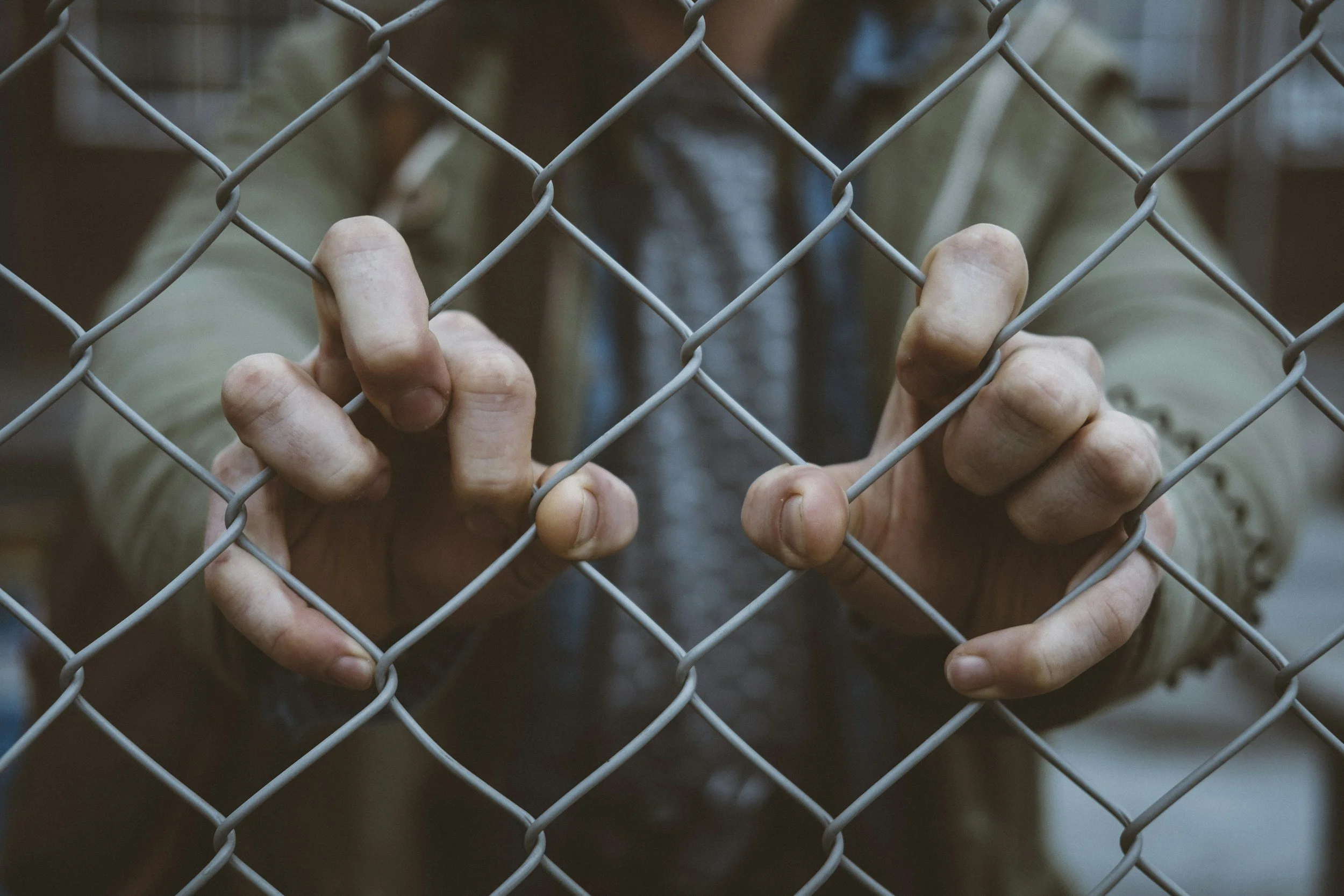The Forgotten Third: Racism, Colonialism, and the Injustice of Britain’s “Foreign” War Dead
When Britain remembers its world wars, it imagines a story of national endurance: the island standing alone against tyranny, saved by the bravery of its people. Yet beneath that proud myth lies a neglected truth: Britain did not fight, survive, or win either world war alone. Across both conflicts, a full third of the soldiers who fought and died for “Britain” came from beyond the British Isles, including Indians, Africans, Caribbeans, Canadians, Australians, New Zealanders, and many others from the empire and Commonwealth. They were the forgotten third, indispensable to victory but largely erased from the nation’s memory. Their exclusion was not an accident of history, but the result of a racial and colonial system that valued their blood while denying their humanity.
Empire at War
At the outbreak of the First World War in 1914, Britain commanded the largest empire the world had ever seen, ruling over a quarter of the globe’s population. The empire’s wealth and manpower were the backbone of Britain’s war effort. By 1918, over 1.4 million soldiers from the colonies and dominions had served in imperial forces. Of the roughly 1.1 million British Empire military deaths, around 230,000, about one fifth, were non-European.
In the Second World War, that reliance deepened. Facing Nazi Germany and Imperial Japan, Britain once again turned to its empire. India alone raised the largest volunteer army in history, 2.5 million men, while Canada, Australia, New Zealand, South Africa, and numerous African and Caribbean colonies sent hundreds of thousands more. Of the roughly 580,000 military deaths suffered by the British Empire between 1939 and 1945, about 200,000, more than a third, came from outside the United Kingdom. In both wars, therefore, Britain’s survival depended not on a purely “British” effort but on the collective sacrifice of an empire.
Yet popular memory and national myth tell a different story. Britain’s war narratives, from Churchill’s speeches to postwar cinema, celebrate the stoicism of “our finest hour” but rarely mention the Indian troops at El Alamein, the African carriers in Burma, or the Caribbean airmen who fought over Europe. The empire’s contribution has been diminished, its heroes rendered invisible.
Racism in the Ranks
The erasure began not after the war, but within it. The British imperial military was a racially stratified institution that reflected and reinforced colonial hierarchies.
During the First World War, colonial soldiers were routinely assigned to labor battalions rather than front-line combat. West Indian and Egyptian troops dug trenches and hauled supplies in France, and African soldiers were used primarily as porters in East Africa. This division was not based on tactical necessity but on racist assumptions about “martial races” and “racial fitness.” Indian regiments were praised for bravery when convenient but denied equality in pay, rank, and treatment.
Even when colonial soldiers distinguished themselves, recognition was grudging. Indian troops won 11 Victoria Crosses in the First World War, yet many of their names are missing from British memorials. The triumphal parades in London and Paris in 1919 largely excluded non-white units. The message was clear: colonial service was useful, but colonial soldiers were not equal participants in victory.
The pattern continued into the Second World War. Despite their enormous numbers, most African troops were confined to “support” roles, often unarmed, because commanders feared that arming Black soldiers might threaten white authority after the war. Pay scales were starkly unequal. An African private in the King’s African Rifles earned a fraction of a British soldier’s wage. Indian soldiers fought across multiple theaters, from North Africa to Italy to Burma, yet remained underpaid and segregated, their promotions capped by race.
When the war ended, many of these veterans were denied the benefits their white comrades received. Colonial pension schemes were drastically smaller, and in some cases they were paid out in local currencies that quickly lost value. When demobilized African veterans in Accra and Mombasa protested these injustices in 1948, British colonial police opened fire. The empire that had demanded their loyalty repaid them with bullets.
The Economic Cost of Empire
Racism and exploitation extended beyond the battlefield. Britain’s ability to fight both world wars depended on the economic extraction of its colonies. India provided not only soldiers but also grain, textiles, and cash, often at the expense of its own people. During the Bengal Famine of 1943, caused in part by wartime policies that diverted food supplies to Europe, up to three million Indians died of starvation. Winston Churchill, when informed of the famine, reportedly blamed the victims, saying the famine was their own fault for “breeding like rabbits.”
Colonies across Africa and Asia supplied vital raw materials such as rubber, tin, gold, tea, and oil, while being excluded from decision-making and fair compensation. The empire’s “contribution” was thus extracted under conditions of coercion and racial hierarchy. Britain could proclaim itself the defender of freedom only by ignoring the unfreedom that sustained it.
Forgotten in Peace
When peace came, the empire’s soldiers faded from Britain’s public consciousness almost immediately. Postwar reconstruction and decolonization created an atmosphere of selective remembrance. Britain wanted to present itself as a moral victor, a nation that had defeated fascism through courage and unity, not as a colonial power dependent on its subjects.
Imperial troops were commemorated collectively, if at all, under the neutral label of “Commonwealth.” War cemeteries built by the Commonwealth War Graves Commission in Africa and Asia often segregated graves by race or omitted the names of African soldiers altogether. In Kenya, for instance, thousands of African war dead were left in unmarked graves until a 2021 investigation forced the British government to acknowledge this injustice publicly.
At home, Britain’s war memory became a national myth. Films such as The Dam Busters and A Bridge Too Far celebrated British ingenuity and heroism, with little mention of the empire. School curricula taught generations of Britons that the war was won by the “few,” the RAF pilots, not the millions of colonial soldiers who fought beneath the same flag.
The Empire Comes Home
Ironically, the postwar period brought the empire back to Britain. In the 1950s and 1960s, thousands of Caribbean and South Asian migrants, many of them ex-servicemen, arrived to help rebuild the country they had defended. They expected welcome and opportunity but instead met discrimination in housing, employment, and policing.
The racism that had underpinned the empire simply relocated to the metropole. The Notting Hill riots of 1958 and the “Rivers of Blood” speech of 1968 showed how deeply colonial attitudes persisted. The empire’s soldiers had fought for a Britain that still refused to see them as equals.
A Slow Reckoning
In recent decades, historians, artists, and activists have begun to challenge this amnesia. Works such as David Olusoga’s The World’s War and Shashi Tharoor’s Inglorious Empire have restored the global and racial dimensions of Britain’s wars. New memorials, including the Chattri Memorial in Brighton for Indian soldiers and the African and Caribbean War Memorial unveiled in London in 2017, mark a belated recognition. Yet these gestures, while important, cannot undo a century of silence.
The persistence of the “island story,” the idea that Britain stood alone, still shapes national identity. It underpins political nostalgia for empire and distorts Britain’s relationship with its former colonies and with its own citizens of color. Remembering the forgotten third is not just an act of historical justice; it is a moral necessity for understanding what Britain really was and what it still carries from that past.
Simply put: The Injustice of the Forgotten Third
The tragedy of the forgotten third lies in the double bind of their service. They fought for ideals of freedom, democracy, and civilization that their own lives were denied. They were subjects without rights, soldiers without equal pay, and heroes without recognition. Britain’s victory depended on them, yet Britain’s history wrote them out.
To remember them properly requires more than adding names to memorials. It means confronting the racism and colonialism that made their invisibility possible and acknowledging that Britain’s wars were not purely national struggles but imperial ones. It means teaching that the fight against fascism abroad was waged by an empire built on racial hierarchy at home.
Only by telling that fuller truth can remembrance become just.
The Indian sepoy in the deserts of North Africa, the Nigerian driver in the jungles of Burma, the Jamaican airman over the skies of Europe—these men were not auxiliaries to someone else’s war. They were the British war effort. Their blood purchased Britain’s survival. The least history owes them is the dignity of being remembered as equals.
References
Commonwealth War Graves Commission (CWGC). Annual Report 2021–22. CWGC, 2022.
Hirsch, Afua. Brit(ish): On Race, Identity and Belonging. Jonathan Cape, 2018.
Jackson, Ashley. The British Empire and the Second World War. Hambledon Continuum, 2006.
Olusoga, David. The World’s War: Forgotten Soldiers of Empire. Head of Zeus, 2014.
Tharoor, Shashi. Inglorious Empire: What the British Did to India. Hurst & Company, 2017.








